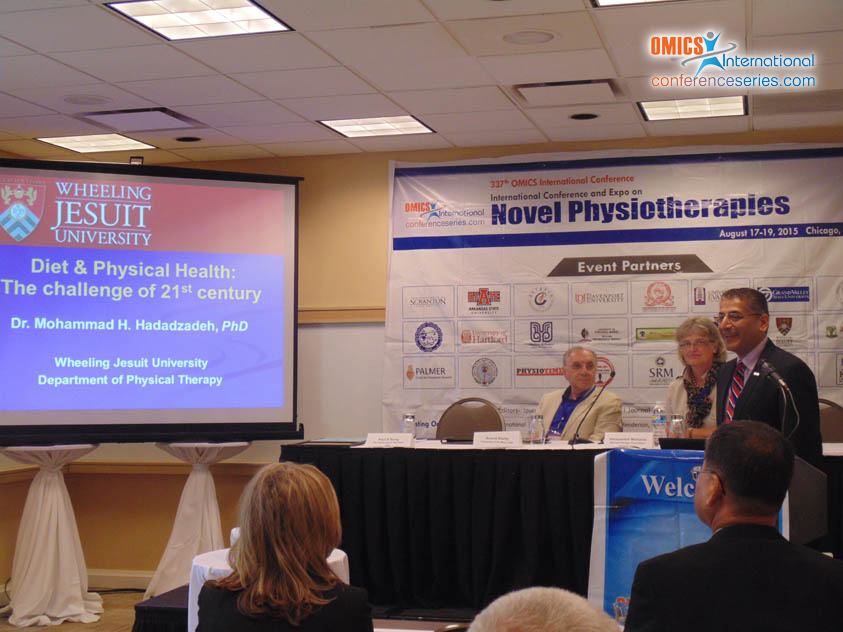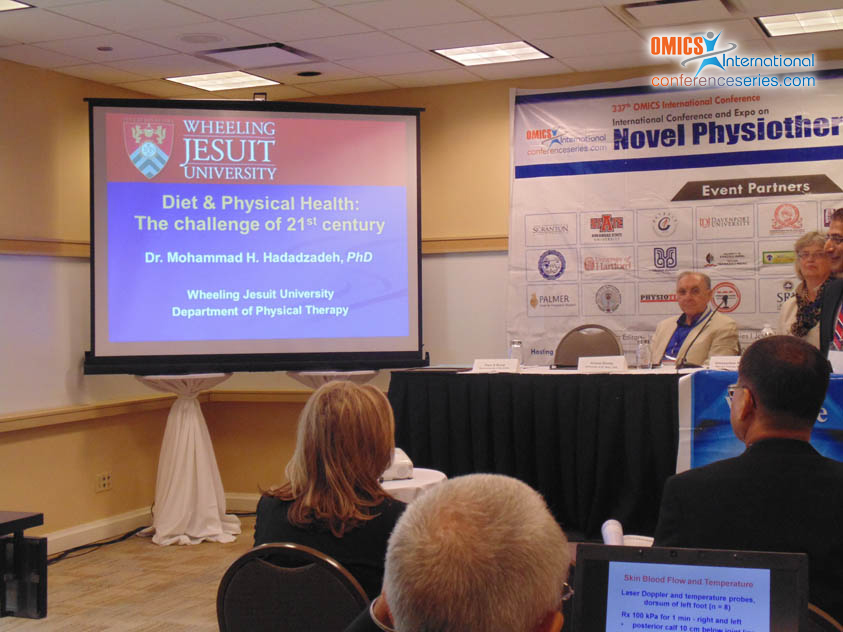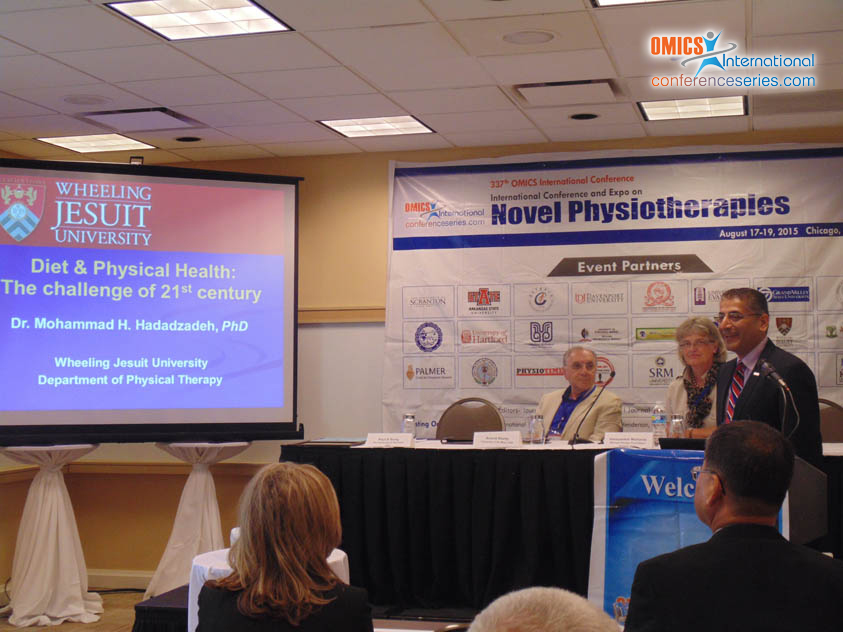
Mohammad H Hadadzadeh
Wheeling Jesuit University, USA
Title: Diet & physical health: The challenge of 21st century
Biography
Biography: Mohammad H Hadadzadeh
Abstract
There is an established correlation between diet and physical health, however the mechanism of their interaction is still under investigation. In the malnutrition spectrum, under-nutrition at one end and obesity on the other end are today’s major public health issues. Today, two out of three U.S. adults are overweight or obese (69%) and one out of three (36%) is obese. Reports from U.S. (CDC) and rest of the world (OECD & developing countries) express doubled or tripled rate increase in the global obesity-globesity- during the past three decades. Obesity pandemic is not limited to the adult population; its increasing rate in children is a red flag and a serious public health challenge of the 21st century. Annual medical expenditures related to obesity have doubled in less than a decade. Obesity burden is not only direct, but also it is linked to other major health issues like cardiovascular disease, cancer and diabetes. Consequences of modern civilization like using automobiles, watching TV, playing computer games instead of outdoor activities and overall less physical activity, from one side and other contributing factors like environmental and psychological factors, behavioral changes; role of food industries, media, education, over-parenting, and poor regulating policies are inevitable segments of this global pandemic. Changes in eating patterns during the past 50 years like consuming processed foods, snacks, energy drinks, which are high in sugar, “empty calorie” and fat; and eating lot more frequently, which are encouraged by constant bombardment from media are few examples of such. However many governmental action task forces were implemented, but none of them are promising when considering obesity trends. Considering this failure, the organizational bodies may need to revise their approach to a more individualized weight management strategy, reaching out the families’ door-step to increase their level of knowledge and guide them.



